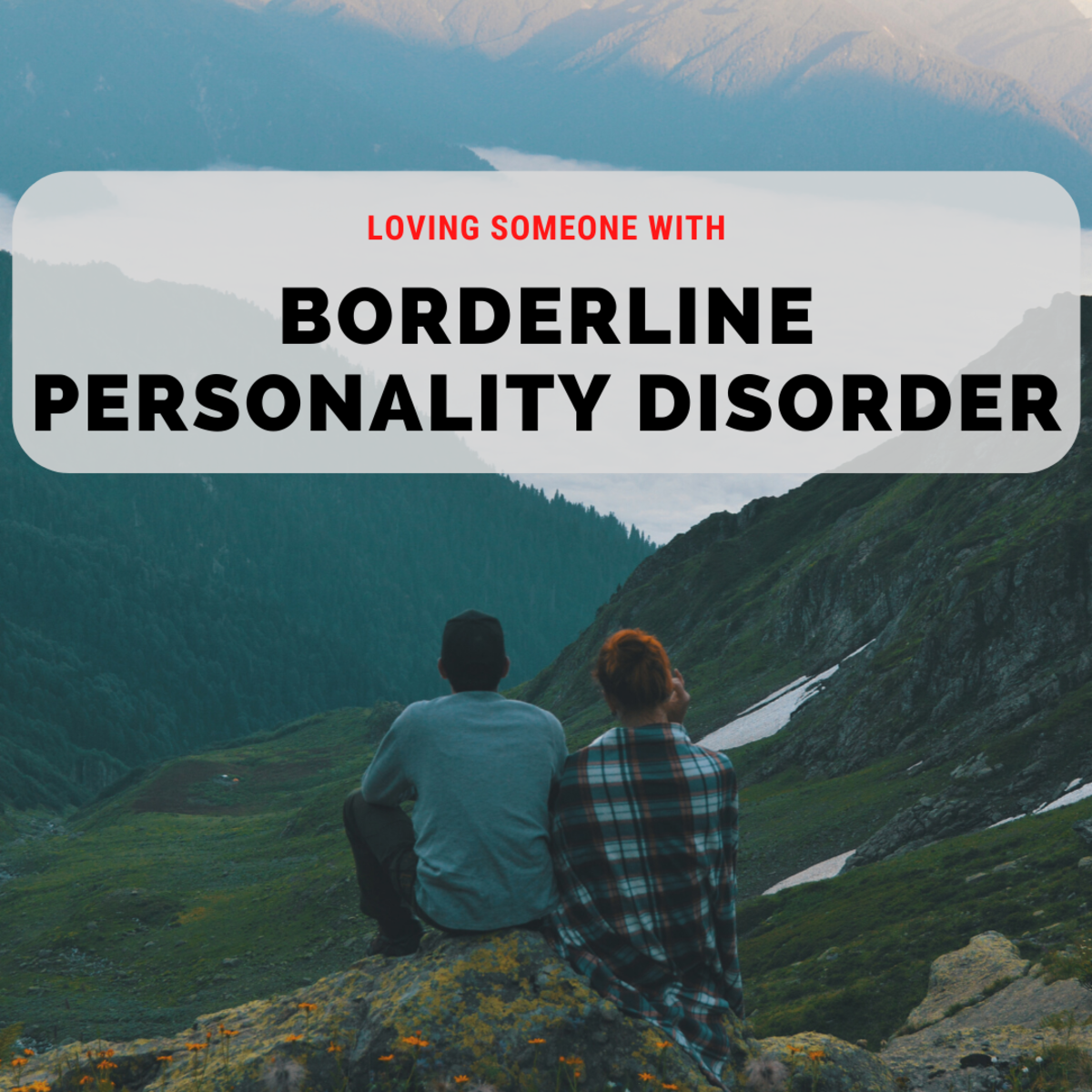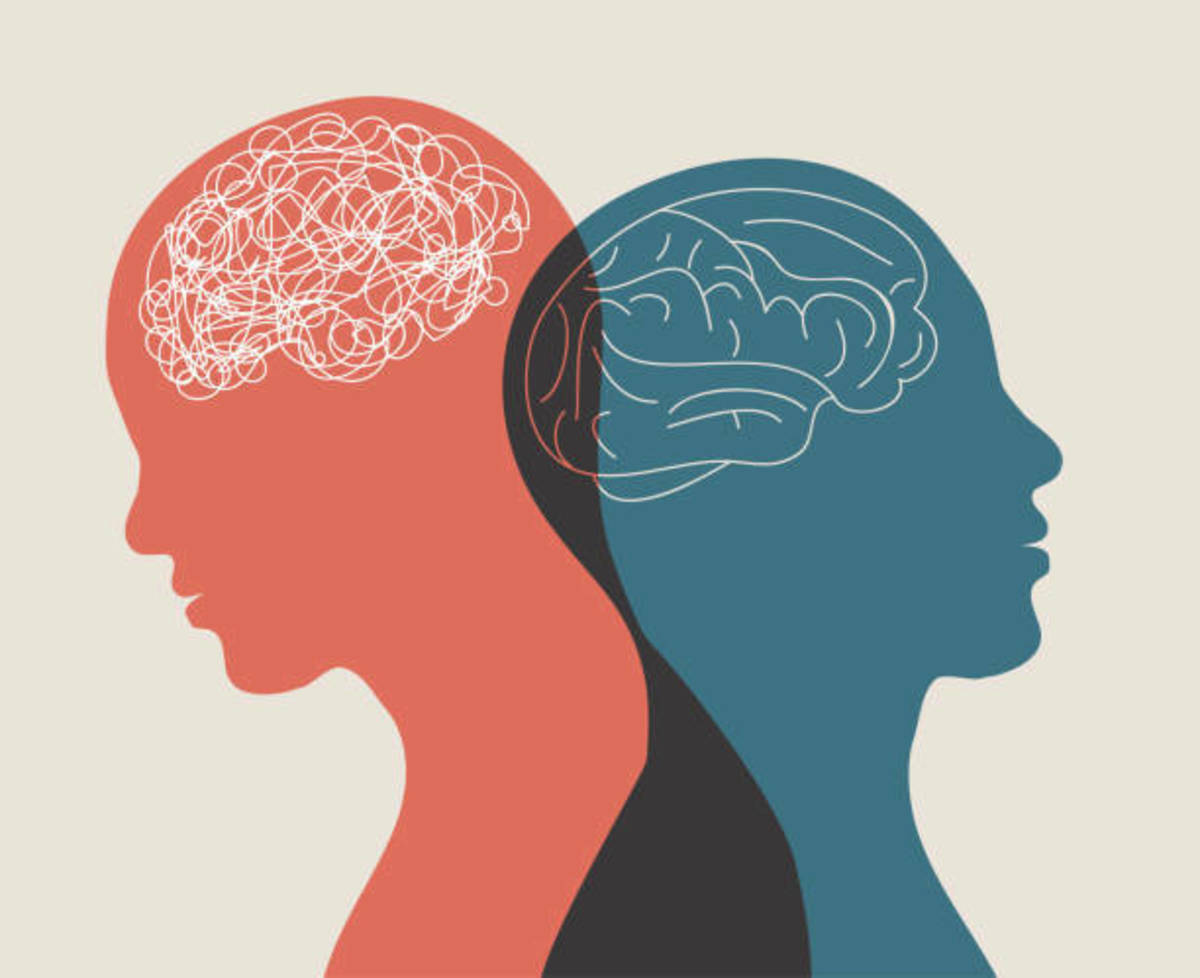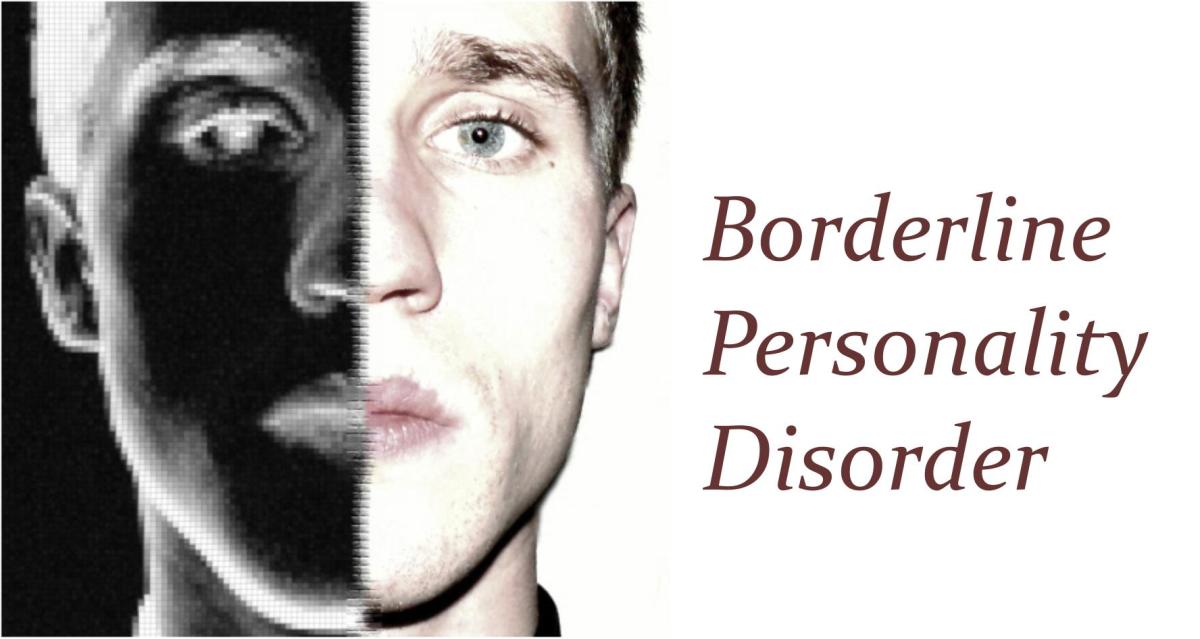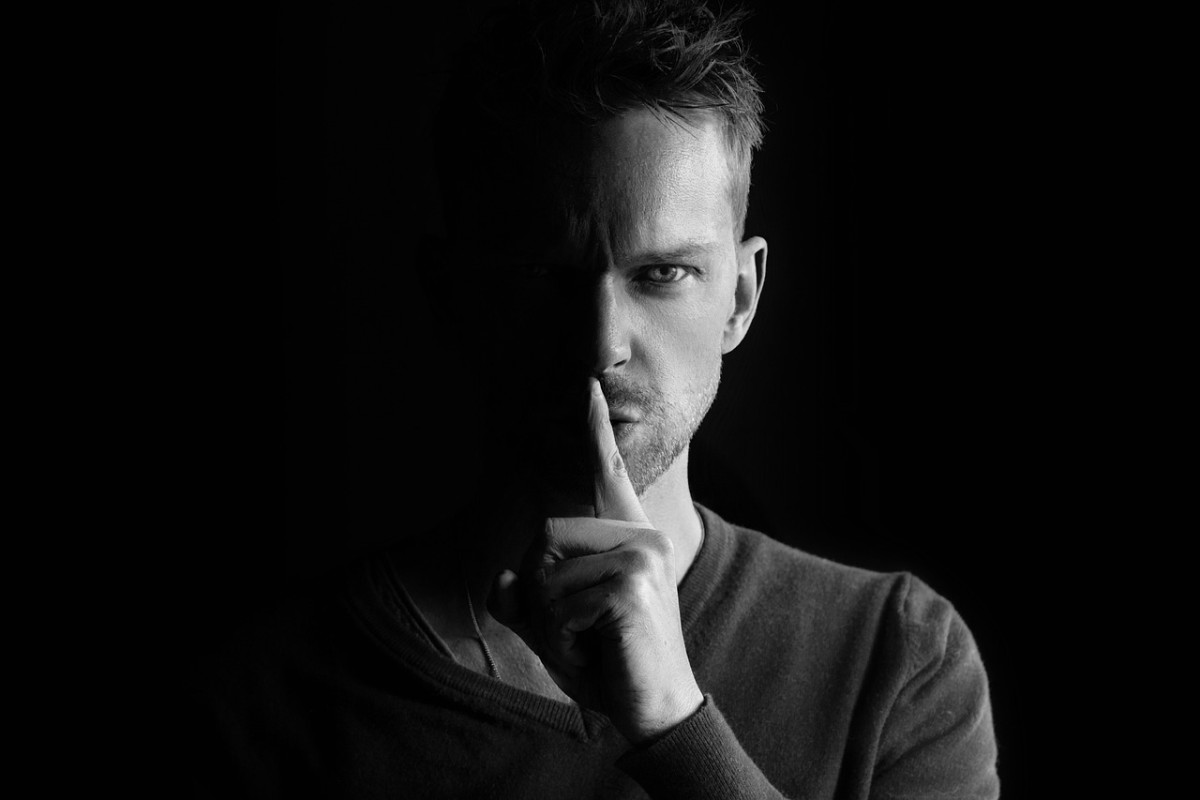- HubPages»
- Health»
- Mental Health»
- Personality Disorders
A Look into Mental Illness: Borderline Personality Disorder vs. Bipolar Disorder
Get off those eggshells. Help them get help.

Do you think you or someone you know is suffering from BPD?
Do you know someone who may be suffering from Bipolar disorder?
Borderline Personality Disorder/Bipolar Disorder
Borderline Personality Disorder is a serious mental condition that is challenging to the individual suffering as well as family, friends or co- workers. Borderline personality disorder (BPD) is known by impulsive behavior and instability, self image and personal relationship issues. Individuals suffering from BPD may experience many of these symptoms as listed in the DSM-IV-TR:
- Inappropriate, uncontrollable or vehement anger.
- Impulsivie behaviors that lead to adverse and possibly damaging outcomes and psychological mayhem like excessive spending, sexual escapades, substance abuse, reckless driving and more.
- Recurring suicidal threats and or attempts, non suicidal self injury such as cutting or burning.
- Unstable, intense personal relationships, sometimes changing between idealization and devaluation.
- Constant and steady uncertainty about self, goals and friendships.
- Chronic boredom or feelings of emptiness.
-Extreme efforts to avoid abandonment.
-Marked mood swings with periods of intense depressed mood irritability or anxiety which an a few hours to a few days.
Borderline personality disorder is also a very common. At least 1 out of about every 25 men and women are dealing with this condition everyday. It was once thought to be more common among women, however, empirical studies have proven that borderline personality disorder is just as common in men. The exact etiology of BPD still has not been clearly defined. It is speculated that environmental and biological factors may influence this condition. MRI's also show there is a difference in the actual brain functioning of BPD sufferers which suggest potenial neurological influences as well. Borderline personality disorder is best diagnosed by a licensed mental health professional. However, a good mental health professional will also have the patient see a medical doctor to rule out the possibilities of any routine or treatable medical conditions causing temporary disorder. A licensed health professional will administer an extensive psychiatric evaluation which entails speaking with past doctors, reviewing prior medical records, medical evaluation and possibly consulting with family and friends. Some people may display borderline personality traits which means the individual does not meet the characteristics categorized in the DSM for diagnosis but may experience like symptoms at times.
There is a connection between borderline personality disorder and bipolar disorder. Those suffering from BPD are at higher risk of experiencing anxiety attacks, depression, eating disorders and substance abuse. It is also important to understand that this condition is easily misdiagnosed furthermore, it can go easily undetected by family or friends and is often confused with bipolar disorder. Since misdiagnosis can easily and accidentally happen, it is extremely imperative that careful evaluations take place.
People with BPD cycle in episodes much more quickly, often several times in a day.
The mood changes in people with BPD are more dependent, positively or negatively, relative to events going on in their life at the moment. Anything that may lead to abandonment, even if it's non- existent, can trigger an episode.
Bipolar Disorder
Bipolar disorder, also referred to manic depression, is a type of mental illness that causes sufferers to have episodes of extreme high and low moods lasting longer than those coping with BPD. People who have this illness switch from feeling excessively happy and energized to feeling very sad and depressed. Due to the highs and the lows of emotion the condition is referred to as bipolar disorder. In between episodes of mood swings a person may experience normal moods.
The term manic defines those periods when the individual has feelings of over excitement and confidence. These feelings may without warning change to confusion, irritability, anger, or violence. Depressive states are those periods when he or she feels extremely sad or depressed. Because the symptoms are similar, sometimes people with bipolar disorder are incorrectly diagnosed as having major depression.
Symptoms of Bipolar
With bipolar disorder melodramatic spasms of highs and lows do not follow any set pattern, and depression does not always come after a manic phase(s). A person may experience the same mood state several times before abruptly changing moods. These episodes can happen over a period of weeks, months, sometimes years.
The severity of the depressive and manic phases will be different person to person and in the same person at different times.
Symptoms of mania:
- Excessive happiness, hopefulness, and excitement
- Sudden changes from being happy to being irritable, angry, and hostile
- Restlessness
- Rapid speech and poor concentration
- Increased energy and less need for sleep
- High sex drive
- Tendency to make grand and unattainable plans
- Tendency to show poor judgment
- Drug and alcohol abuse
- Increased impulsivity
Some people with bipolar disorder might become psychotic, seeing and hearing things that don't exist, holding false ideas from which they cannot be moved. In some cases they view themselves as being untouchable.
Depressive states:
- Sadness
- Lack of energy
- Feelings of a diminshed self worth, value
- Loss of enjoyment from pleasurable events
- Difficulty concentrating
- Uncontrollable crying
- Difficulty making decisions
- Irritability
- Increased need for sleep
- Insomnigains
- Weight changes
- Thoughts of death or suicide
- Attempting suicide
People with borderline personality disorder have mood swings that are more distinct compared to bipolar disorder. This is primarily true because the mood changes in BPD usually occur more frequently.
The most significant contrast between bipolar and borderline personality disorder is treatment methods. A fundamental component of bipolar treatment is medication coupled with psychotherapy. BPD treatment has an empahsis on psychotherapy, not medication. Often times antidepressant drugs and mood stabilizers are prescribed based on specific target symptoms, but medication for BPD is often used as a last alternative. The type of psychotherapy used to treat both disorders also varies and are often mis prescribed. Bipolar disorder patients respond best to traditional therapies, such as Cognitive Behavioral Therapy, while BPD patents tend to show better results with Dialectal Behavior Therapy.
In addition to psychotherapy and pharmaceutical medications, holistic treatments have proven to be successful in easing the bipolar and borderline personality disorder symptoms. Holistic alternatives such as yoga, acupuncture, meditation and herbal/natural supplements.
References
http://www.nami.org/Template.cfm?Section=By_Illness&Template=/ContentManagement/ContentDisplay.cfm&ContentID=44780
http://psychcentral.com/lib/2007/an-overview-of-dialectical-behavior-therapy/all/1/
http://www.psychologytoday.com/blog/stop-walking-eggshells/201003/three-easy-ways-differentiate-bipolar-and-borderline-disorders
http://www.eveningpsychiatrist.com/bipolar/dsm/
Shari Manning,Ph, D. is Chief Executive Officer of the Treatment Implementation Collaborative, LLC, and author of the recently published book Loving Someone with Borderline Personality Disorder. (It’s a must-read!)








